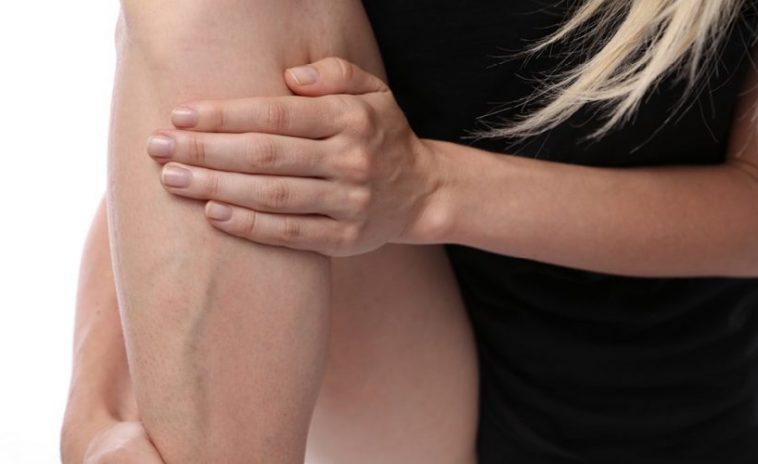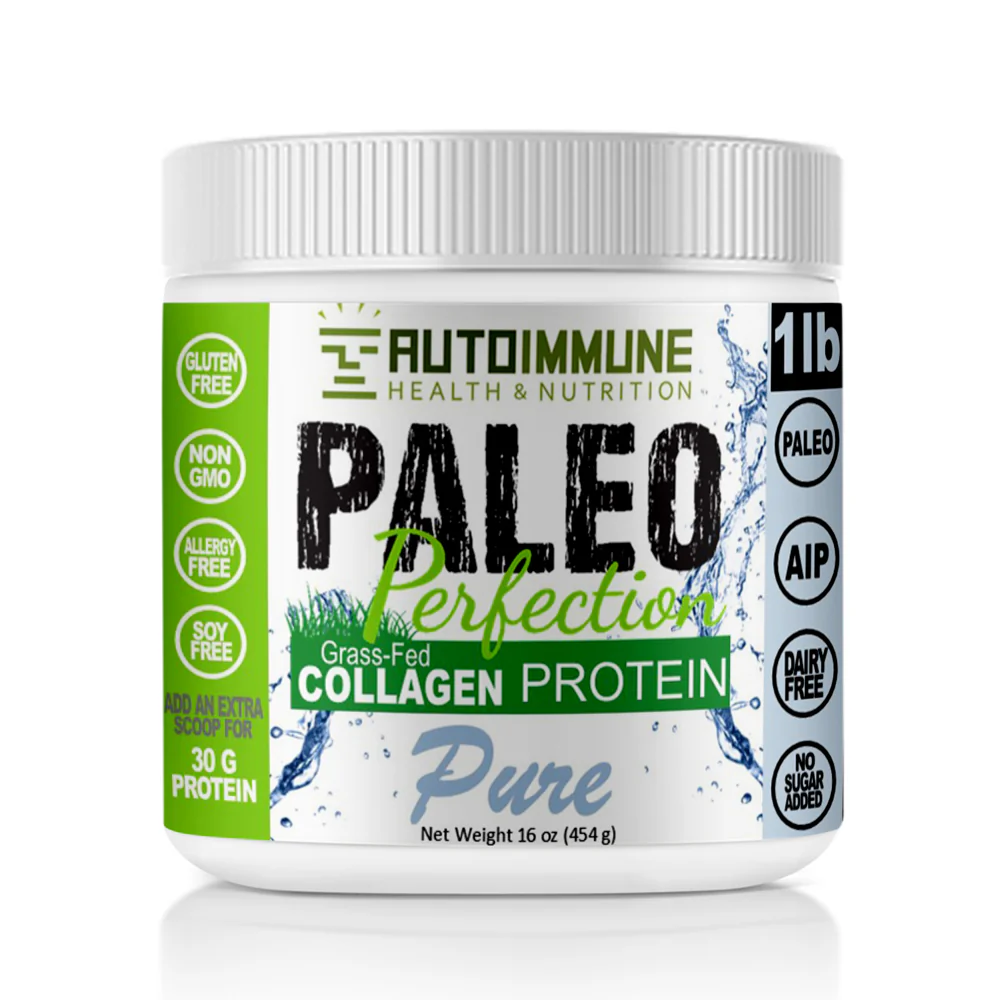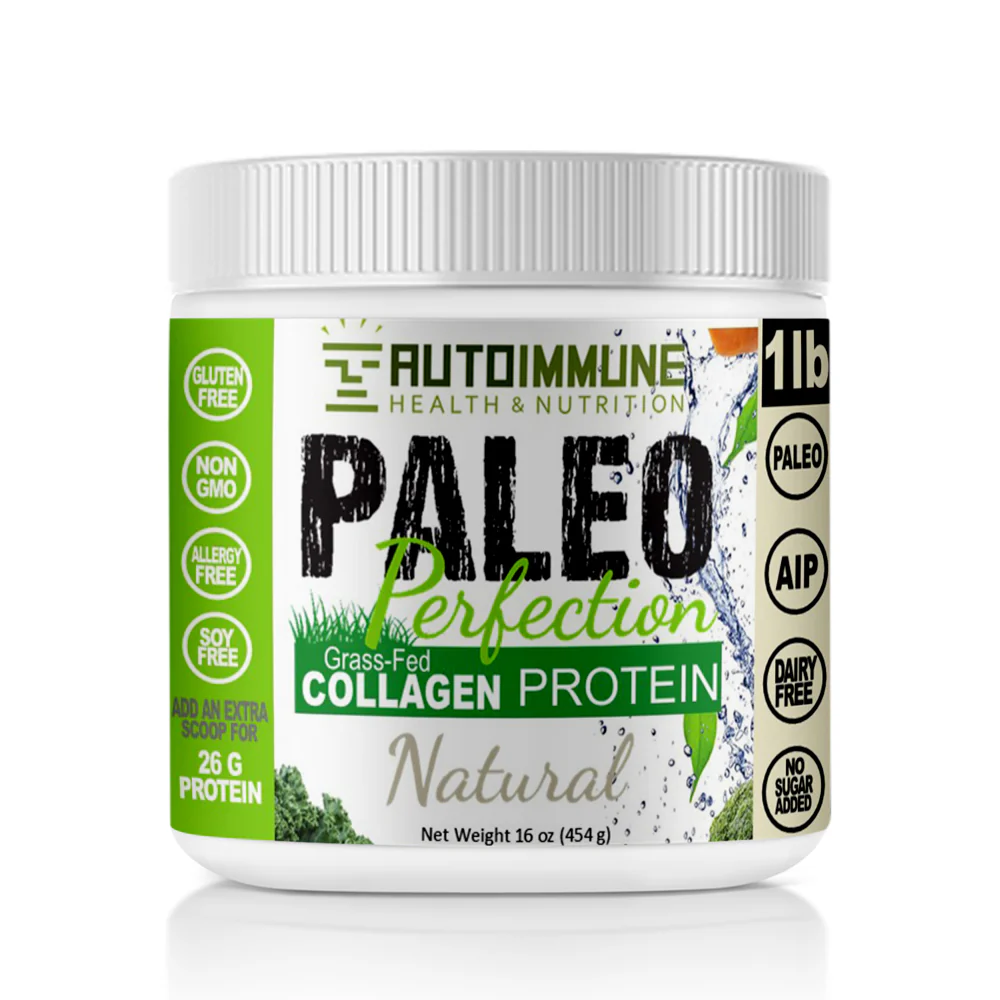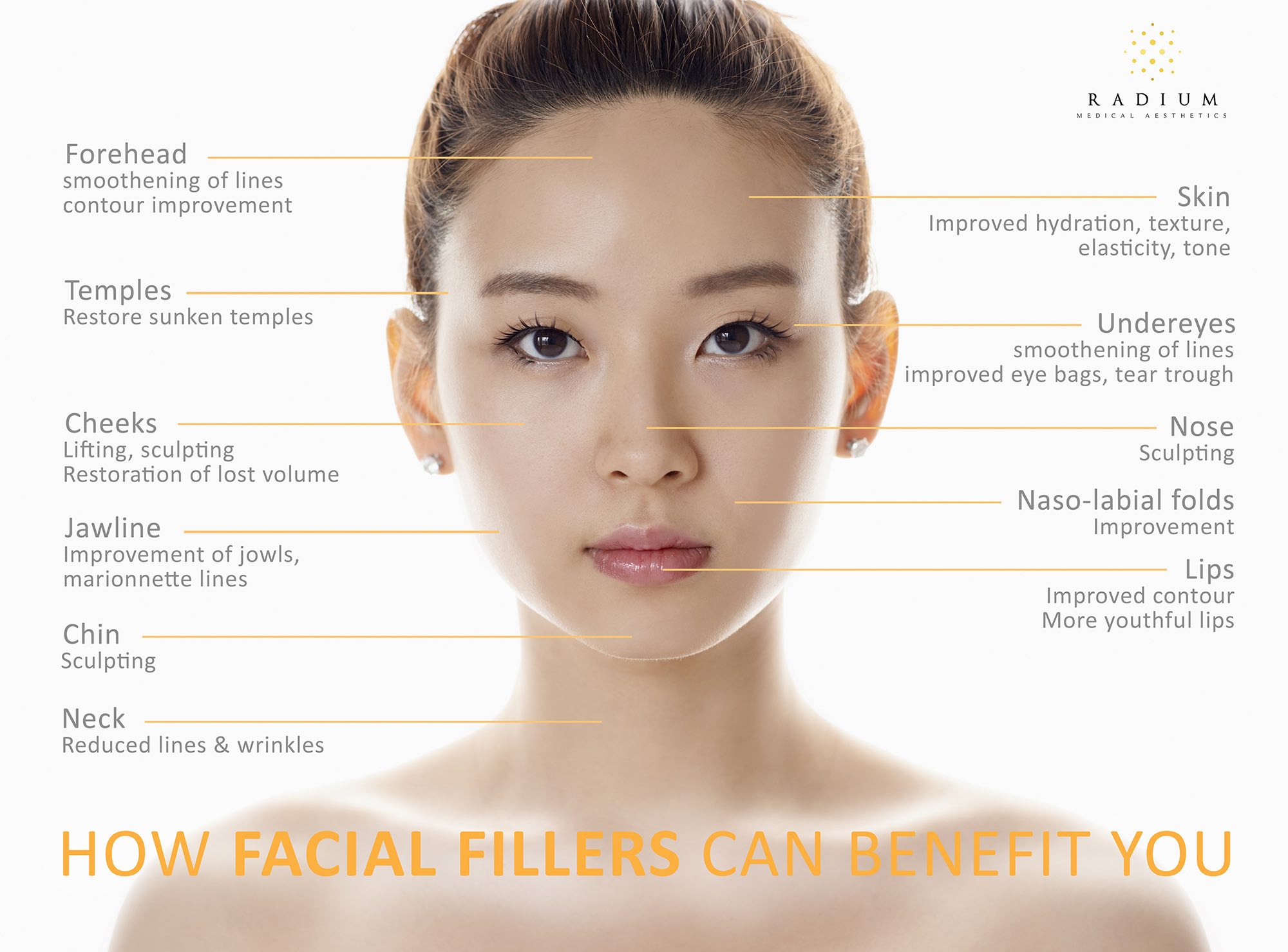What Are the Home Treatments or Remedies for Varicose Veins?

What is a varicose vein specialist called? Veins play a vital role in a healthy circulatory system. Imagine you have swollen, a reddish ugly vein in your legs causing pain & discomfort. Such conditions may affect your work & personal life. Therefore, it is necessary to visit a vein doctor to relieve the symptoms of varicose or spider veins. What doctor treats varicose veins? Vascular surgeons are highly trained and experienced in treating the circulatory system.
If you’re suffering from varicose veins, you can try some home remedies; here are some conditions and symptoms:
Exercise
Regular exercise and yoga encourage better blood flow in your legs and, as a result, push the blood back to the heart. Exercise also helps to control or lower a person’s blood pressure.
Low-impact exercises also help to get calf muscles without excessive strains on your body; here are some low-impact exercises:
- swimming
- walking
- cycling
- yoga
Compression stockings
Wearing compression stockings will help apply pressure to your legs while aiding your muscles and veins to throw the blood towards the heart. These are available in most pharmacies, and this compression will help to reduce swelling and pain around the legs.
Plant extracts
According to reliable studies, horse chestnut extract may help reduce pain, heaviness, and itching during varicose veins and in people with chronic venous insufficiency.
Sea pine extract, pinus Maritima and butcher’s broom extract, called Ruscus aculeatus, may also reduce leg swelling and itching associated with varicose veins. Plants extract and essential oils solution should be diluted before applying.
Dietary changes
Your diet should include high Potassium substances food, such as almonds and pistachio nuts, which can help to reduce water retention in the body and result in healthy veins.
Salty or sodium-rich foods can help to reduce the varicose veins problem by retaining water, so cutting down on salty food can eliminate water retention. Foods high in sodium-potassium can help to reduce water retention.
Foods that are high in sodium-potassium include:
- Almonds and pistachio nuts
- Lentils, potatoes, and white beans
- leafy vegetables
- some fish, such as salmon and tuna
Foods with high fiber can help keep the bowels moving and restrict constipation.
Eat more flavonoids
You should add food containing flavonoids that may help people reduce swelling and shrink their varicose veins. Flavonoids will help to improve blood circulation and help to lower blood pressure in the arteries and relaxed vessels.
Flavonoids-rich including:
- Vegetables, including onions, peppers, spinach, and broccoli
- Citrus acid fruits and grapes, cherries, apples, and blueberries
- Cocoa and garlic
Herbal remedies
According to a reliable source, grape seeds may help to reduce swelling in the legs and other chronic venous insufficiencies. There is currently little evidence for its effectiveness.
If your doctor prescribes blood-thinning medication, you should immediately avoid grapes seed extract as a supplement. It reacts with medicines and increases the chance of bleeding.
Choose non-restrictive clothing
You should wear loose clothes so they can help in the circulation of blood and significantly lower body clothes and shoes. Wearing flat shoes instead of high heels may help to heal your varicose veins.
Keep the legs elevated
You should avoid sitting or standing for long periods. If a person has to sit for long periods for work, they should move their legs and flex or change their position frequently to help circulation in blood flow.
If you do exercise, that will help to keep your legs elevated, at the same height as the heart will help in good blood circulation. This reduces the blood pressure by taking the help of gravitational force.









